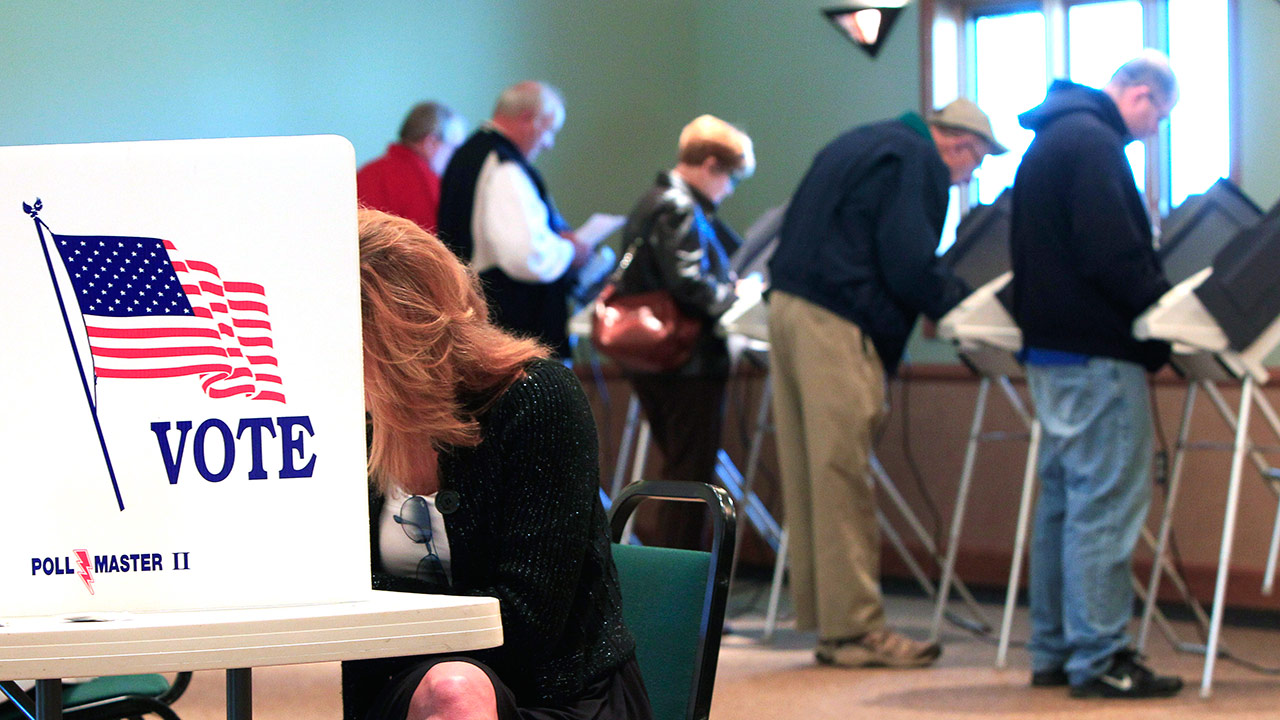What does the Supreme Court ruling on affirmative action mean for Texas and its students?

HOUSTON, Texas (KTRK) -- After decades of precedent, the U.S. Supreme Court voted 6-3 Thursday morning to overturn affirmative action in higher education. The conservative majority found that colleges and universities cannot use race as one of the factors when considering student applications.
The decision, however, did not come as a surprise to many of the people who have been following the case's developments.
Rice University is one of the institutions impacted by the SCOTUS ruling. President Reginald DesRoches wrote in a letter to the campus that they are "greatly disappointed" in the decision but remain committed to "maintain and expand the excellence, diversity, and vibrancy of the Rice community."
The decision came after Students for Fair Admissions, a conservative group, sued Harvard University and the University of North Carolina, alleging their race-conscious admissions program was discriminating towards Asian Americans.
Chief Justice John Roberts, who wrote the opinion for the majority, found that Harvard and UNC's admissions programs violate the equal protection clause of the 14th Amendment.
"We can now rejoice over the fact that at least our kids can be judged based on their achievements and merits alone. Most importantly, it belongs to all of us who believe that if we work harder, we all can have a chance at getting our own slice of this grand American dream," Calvin Yang with Students for Fair Admissions said in a press conference after the vote.
RELATED: Clarence Thomas and Ketanji Brown Jackson criticize each other sharply in affirmative action case
However, Asian Texans for Justice disagrees. The group believes eliminating affirmative action reinforces the model minority myth and implies that Asian Americans as a whole do not face racial injustice and that their experiences are all the same.

Bianca Mabute-Louie is a sociology Ph.D. student at Rice University. She shared that she is the daughter of Chinese American immigrants and the first in her family to attend college. She believes that she has been positively impacted by affirmative action.
"It's devastating, in particular, because of the ways that Asian Americans have been positioned as victims of affirmative action. We had no visible presence in higher education until the 1980s because of affirmative action. It just feels contradictory and mind-boggling when we've been benefactors of this policy," Mabute-Louie said.
READ MORE: Biden defends affirmative action use in college admissions after Supreme Court landmark ruling
Prof. Bob Stein, who teaches political science at Rice University, explained that there is language in the SCOTUS decision for some wiggle room.
"I think what they're simply saying is no more quotas, no more using race as a basis for admission. It doesn't mean that race can't enter the discussion," he said. "The court clearly said there's no reason why a student couldn't include how their race and ethnicity may have contributed to their experiences and qualities in their application or letter of recommendation."
In the past, the Supreme Court had always ruled since 1978 that colleges and universities could include race as a factor in student admissions as long as it was among many other criteria and that schools were not using a quotas system.
Dr. Anastasia Lindo Anderson is the CEO of Emerge Fellowship, an organization helping high-achieving students with low-income backgrounds work towards admission at prestigious colleges and universities. She said there are often misunderstandings about what affirmative action really means.
"There is a misnomer out there that the students that have gotten into universities and our nation's most selective universities somehow were not as qualified. Some people believe that they have lost their spot to a student of color. That is simply untrue. We work with these students daily. We see their test scores, transcripts, and IB and AP courses they've taken. We know they've done all of this while working to support their families," she said.
Nonetheless, Anderson said the SCOTUS decision just further validates the importance of their work.
"We feel resolved, determined, compelled, and reinforced to the support we're offering students. We'd like to help even more students who need support. As we learn more, we will regroup and adjust what we need to do to pursue the admissions processes that colleges push out," Anderson said.
Mabute-Louie worries about the future of diversity, equity, and inclusion efforts in education after recent policies and laws were enacted in Texas banning books and DEI offices at public universities.
"It makes me anxious as someone pursuing academia who wants to research and teach honest, truthful history in higher education. I went into academia because I wanted to support students of color and first-generation students like myself. There are so many attacks on folks trying to do that. It also makes me nervous as a future parent and what it will be like to raise my child here," she said.
Stein said despite Thursday's ruling, he believes higher education institutions will find other ways to increase diversity on their campuses. However, he'll be waiting to see how they respond and whether any subsequent lawsuits will follow.
"It may be that universities and colleges have to be more careful to avoid the charge and appearance of a race-based admission system. The evidence of that is subject to litigation. I think they will find ways to continue doing what they've been doing in the diversification of their undergraduate enrollment, and they will avoid some of the now-prohibitions the court has established," Stein said.
For more on this story, follow Rosie Nguyen on Facebook, Twitter and Instagram.










